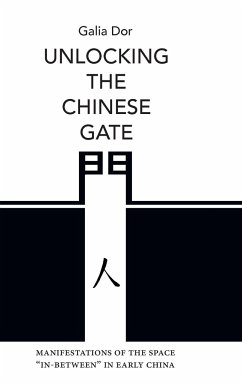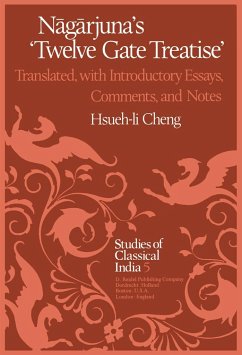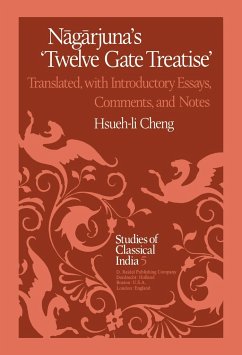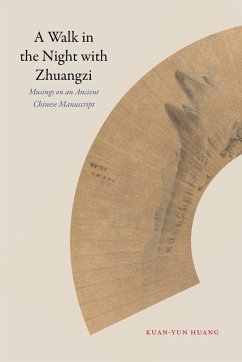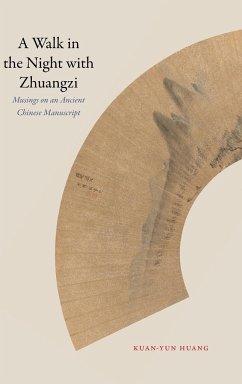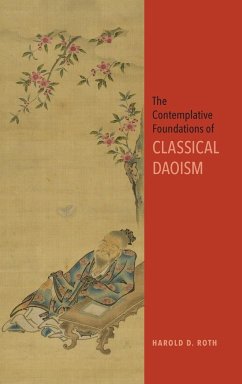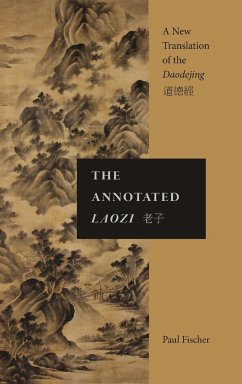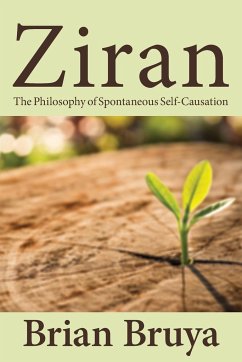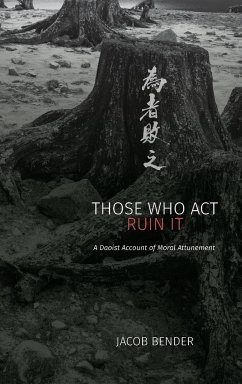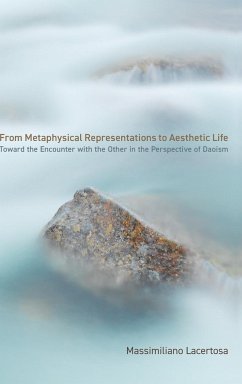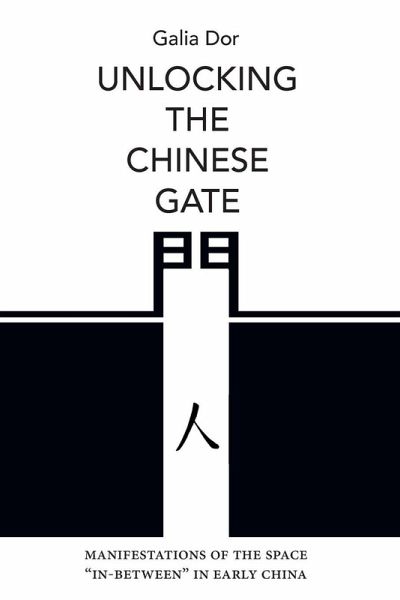
Unlocking the Chinese Gate
Manifestations of the Space "In-Between" in Early China
Versandkostenfrei!
Versandfertig in 1-2 Wochen
36,99 €
inkl. MwSt.
Weitere Ausgaben:

PAYBACK Punkte
18 °P sammeln!
Unlocking the Chinese Gate offers an innovative analysis of gates in early Chinese thought and material culture. Observing gates from various perspectives-including philosophy, architecture, and psychology-and through the conceptual lens of Chinese correlative thinking, Galia Dor conceptualizes the Chinese gate as a membrane-like apparatus that, from the space "in-between," efficaciously manifests (de) the Way (dao) into the "ten thousand" forms of actualized life. This methodology exposes an open-to-closed gradation between pairs of inside/outside (wai/nei) that resonates throughout the Chine...
Unlocking the Chinese Gate offers an innovative analysis of gates in early Chinese thought and material culture. Observing gates from various perspectives-including philosophy, architecture, and psychology-and through the conceptual lens of Chinese correlative thinking, Galia Dor conceptualizes the Chinese gate as a membrane-like apparatus that, from the space "in-between," efficaciously manifests (de) the Way (dao) into the "ten thousand" forms of actualized life. This methodology exposes an open-to-closed gradation between pairs of inside/outside (wai/nei) that resonates throughout the Chinese model of psychocosmic concentric circles. The consequential strategies (e.g., continuity/break, chaos/order) demonstrate how early Chinese cosmological, philosophical, and political idealities, as well as afterlife religious beliefs, were applied-including the various approaches to and practices of self-cultivation. The book sheds new light on ancient Chinese thought and material culture and offers points of comparison to Western thought and modern science, including a model of "decision-gating" that carries relevant implications and insights to our current lives.





